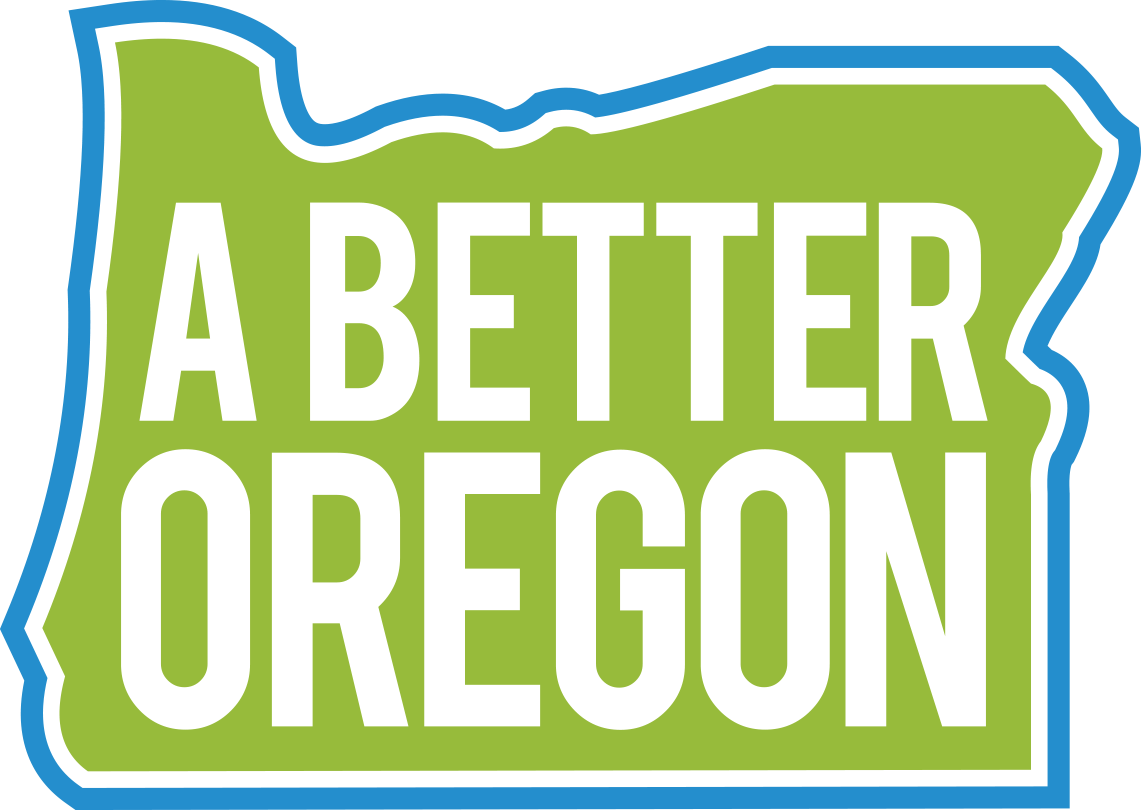
Today, SEIU 503 and the Oregon Nurses Association released an update to their 2014 report The High Cost of Low Wages, outlining the costs of public assistance to low wage workers and their families. Since 2014, the condition of low wage workers has grown even more dire: Taxpayer assistance has increased from $1.7 billion a year to $2.6 billion, and nearly 50,000 more Oregon workers have become clients of the Oregon Health Plan.
As budget cuts loom on the horizon and the state faces a $1.6 billion budget shortfall, it’s more important than ever that we look at the economic factors driving the ongoing demand for services. Public assistance programs are intended to protect our families and economy during hard times, not to provide indefinite support. However, as more and more jobs offer only low wages, part-time hours, and no benefits, families are forced to look to public assistance as a long-term solution. Take Walmart, for example. In 2013, Walmart reportedly collected $13 billion in SNAP revenue — meanwhile, public assistance to Walmart workers alone costs more than $6 billion a year.
To make matters worse, the costs of Oregon’s safety net fall almost entirely on the shoulders of Oregon families. Oregon’s lowest-in-the-nation corporate taxes mean that large corporations can save money by paying employees low wages, then stick taxpayers with a multi-billion dollar tab so their employees can afford food and healthcare. It’s a good deal: Oregon businesses pay just 80 cents for every $1 of public benefit they receive.
Though assistance costs money, these programs are good for Oregon. “Oregonians who are enrolled in the Oregon Health Plan receive more preventive care, have lower out-of-pocket medical expenditures and medical debt, and report better physical and mental health,” said Oregon Nurses Association member Teri Mills, RN, MS, CNE. “When employees and their families get the medical care they need, there are also significant economic benefits: they miss fewer days of work, and businesses see lower turnover rates.” Money spent on healthcare and food assistance goes right back into the economy — every SNAP dollar spent increases GDP by $1.73.
Oregon can’t prosper while families are forced to subsidize large corporations’ profits. Employers benefit from a healthy, secure workforce — it’s time they step up and pay their fair share for that benefit. Tell your legislator to hold big and out-of-state corporations accountable for their fair share!





